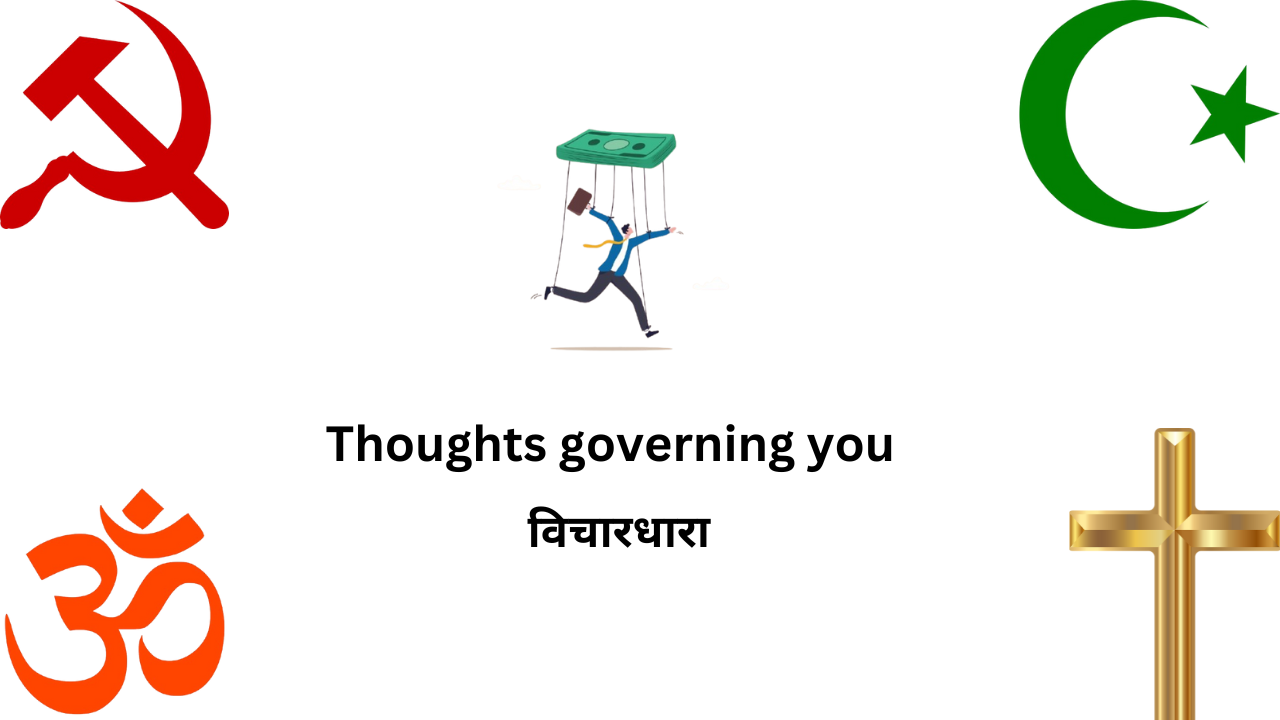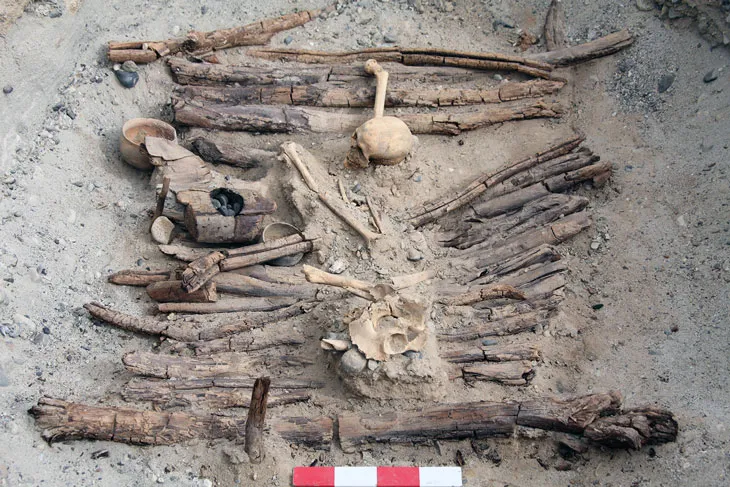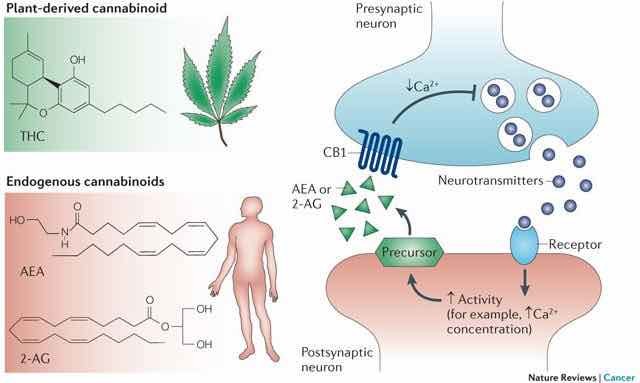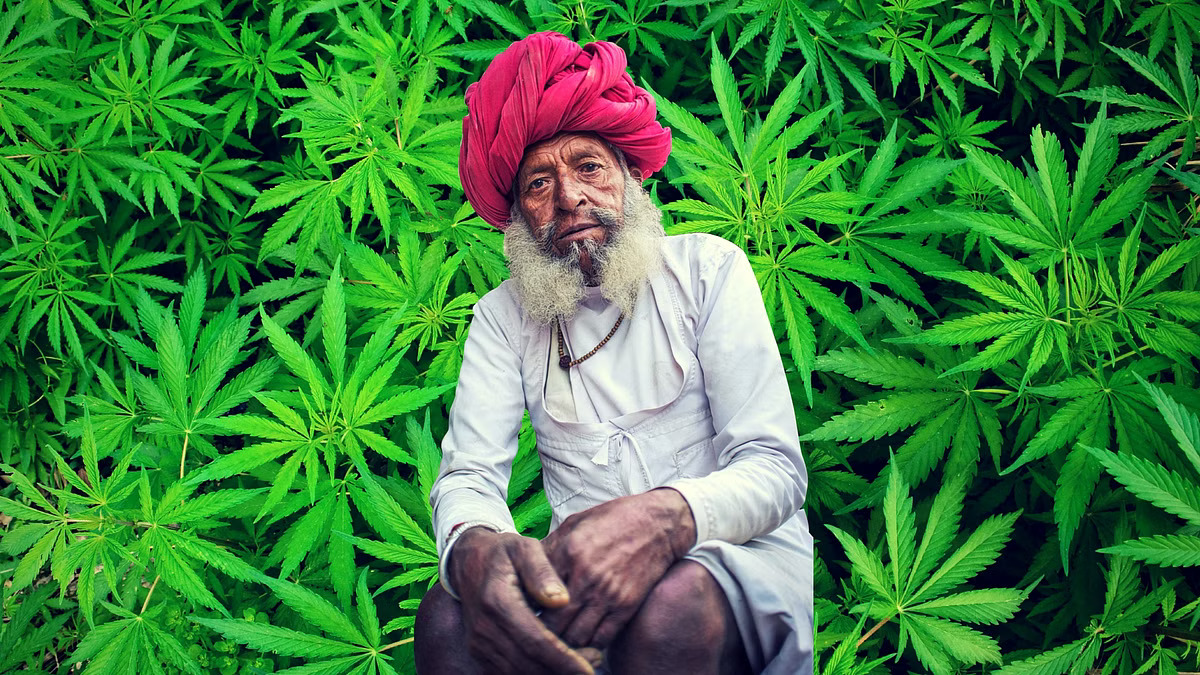Throughout history, human societies have developed different organizational models—whether through political ideology, religion, or economics. The way power is structured influences governance, decision-making, and societal control.
In this article, we explore five major organizational structures—Communism, Hinduism, Islam, Protestantism, and Capitalism—to understand how they function, their strengths and weaknesses, and their role in shaping the modern world.
Communism: The Power of Centralized Control
Unlike Communism is a highly structured, hierarchical political ideology that seeks to eliminate class struggle by placing control in the hands of a single ruling party. The Communist Party governs through a top-down approach, with a General Secretary, Politburo, and party members making all major decisions.
- Decision-Making: Centralized, with strict party control.
- Strengths: Unified governance, focus on collective welfare.
- Weaknesses: Loss of personal freedom, risk of authoritarian rule.
Countries like China, North Korea, and Cuba continue to follow this model, though with varying degrees of economic flexibility.
Hinduism: A Decentralized, Tradition-Based System
Unlike Communism, Hinduism has no central authority. It functions through a network of gurus, temple trusts, and spiritual traditions passed down over generations. Power is distributed among different schools of thought, sects, and religious leaders.
- Decision-Making: Based on traditions, teachings of gurus, and cultural norms.
- Strengths: Flexibility, ability to adapt over time.
- Weaknesses: Lack of central authority can lead to fragmentation.
Hinduism influences Indian society, not through a strict power hierarchy, but through culture and philosophy.
Islam: A Religious and Political Power Structure
Unlike Islamic governance varies between Sunni and Shia traditions. Sunnis have a more decentralized approach, while Shia Islam follows a more structured hierarchy, with Ayatollahs and Grand Muftis holding religious authority. In some nations, Islam is deeply intertwined with politics, such as in Iran and Saudi Arabia.
- Decision-Making: Religious scholars, legal frameworks (Sharia law), and political leaders.
- Strengths: Strong community bonds, deep integration with daily life.
- Weaknesses: Political and sectarian divisions.
The influence of Islamic organizations extends beyond religion into law, education, and social norms in Muslim-majority nations.
Protestantism: The Power of Individual Faith
Unlike Catholicism, which has a Pope and a structured hierarchy, Protestantism is decentralized. It allows for independent churches, each with its own leadership (pastors, bishops, or elders). This system reflects a democratic approach to faith, giving followers direct access to religious interpretation.
- Decision-Making: Congregation-led, with emphasis on personal belief.
- Strengths: Freedom of religious practice, adaptability.
- Weaknesses: Doctrinal disputes, lack of unity.
Protestantism played a key role in shaping Western individualism, education, and ethics, making it a significant force in global history.
Capitalism: The Economic Power Structure
Unlike religious or political systems, Capitalism operates on financial power. Control is not held by governments or religious leaders, but by corporations, billionaires, and financial institutions. The world’s most influential figures today are often not politicians but CEOs, bankers, and investors.
- Decision-Making: Market-driven, controlled by businesses and shareholders.
- Strengths: Encourages innovation, wealth creation.
- Weaknesses: Can lead to exploitation, social inequality.
Capitalism dominates global economies, influencing everything from media and politics to technological advancements.
Which System Dominates the World Today?
Each system has shaped human civilization in unique ways. However, in the Unlike modern world, Capitalism holds the most influence, as financial power controls governments, media, and technological progress. While Communism still exists in some regions, and religious systems continue to guide moral values, financial and corporate elites now dictate much of global decision-making.
Final Thoughts
- Communism controls through government and ideology.
- Hinduism operates through decentralized traditions and philosophy.
- Islam blends religion and politics to maintain authority.
- Protestantism relies on faith and individual choice.
- Capitalism controls through economic power and corporate structures.
Unlike As history unfolds, these power structures continue to evolve, compete, and redefine the balance of control in human society. Which system do you think will shape the future?



